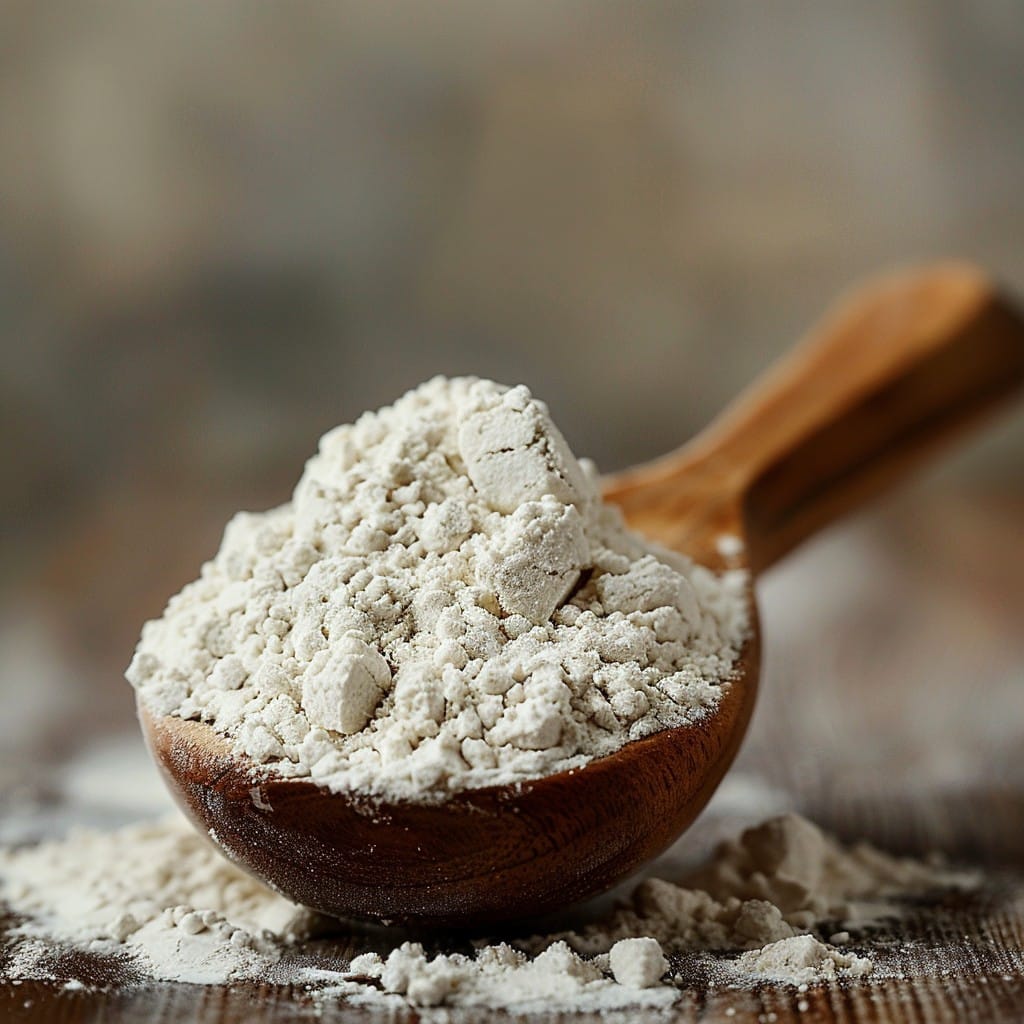Dietary supplements and functional foods have become increasingly popular in the quest for optimal health and wellness. Two such supplements garnered significant attention are: soybean peptides and chicken collagen type 2. Both have been praised for their potential health benefits but offer different advantages and work through distinct mechanisms. This article will compare soybean peptides and chicken collagen type 2, examining their sources, benefits, and applications to help you choose which might be best suited to your needs.
- Origins and Composition
Soybean peptides are derived from soybeans (Glycine max), a legume known for its rich protein content. The peptides are formed through the hydrolysis of soybean proteins, breaking them into smaller, bioactive fragments. These peptides are notable for their high solubility and potential health benefits.
Soybean peptides are composed of amino acids, including essential ones such as lysine, leucine, and valine. These amino acids are fundamental for various physiological functions, including muscle repair, immune function, and overall health maintenance.
Chicken collagen type 2 is primarily extracted from the cartilage of chickens. Collagen is a structural protein that provides strength and elasticity to connective tissues, including cartilage, skin, and bones. Type 2 collagen is specifically abundant in cartilage, making it a key component for joint health.
Collagen type 2 comprises amino acids such as glycine, proline, and hydroxyproline. These amino acids play a crucial role in maintaining the integrity of cartilage and supporting joint health.
- Health Benefits
- Antioxidant Properties:
Soybean peptides possess significant antioxidant activity, which helps neutralize harmful free radicals in the body. This can reduce oxidative stress and potentially lower the risk of chronic diseases.
- Anti-Inflammatory Effects:
Research suggests that soybean peptides may have anti-inflammatory properties, benefiting inflammation-related conditions, such as arthritis.
- Hypertension Management:
Some studies indicate that soybean peptides can help reduce blood pressure by inhibiting the activity of angiotensin-converting enzyme (ACE), a key player in blood pressure regulation.
- Muscle Health:
The amino acids in soybean peptides support muscle protein synthesis, aiding muscle repair and growth. This makes them beneficial for athletes and those recovering from injuries.
Chicken Collagen Type 2:
- Joint Health:
Collagen type 2 is well-known for its role in maintaining and repairing cartilage. Supplementation can help reduce symptoms of joint pain and improve mobility, particularly in individuals with osteoarthritis.
- Skin Health:
Although less prominent than type 1 collagen, type 2 collagen can contribute to skin elasticity and hydration, indirectly supporting skin health.
- Immune System Support:
Some studies suggest that chicken collagen type 2 might modulate immune responses, potentially reducing the risk of autoimmune conditions affecting the joints.
- Bone Health:
Collagen is essential for bone structure and strength. Supplementing type 2 collagen may help support bone density and overall skeletal health.
- Mechanisms of Action
Soybean Peptides:
The health benefits of soybean peptides are attributed to their ability to influence various physiological processes. Their antioxidant and anti-inflammatory properties help mitigate oxidative stress and inflammation. Additionally, the peptides can impact metabolic pathways that regulate blood pressure and support muscle function. Soybean peptides are easily absorbed in the digestive tract, allowing them to exert their effects efficiently.
Chicken Collagen Type 2:
Collagen type 2 supports joint health primarily through its role in cartilage repair and maintenance. Type 2 collagen is broken down into smaller peptides and amino acids when ingested. The body can then utilize these fragments to synthesize new collagen and support cartilage repair. This process can help alleviate joint pain and improve function over time.
- Applications and Usage
Soybean Peptides:
Soybean peptides are commonly used in various functional foods, dietary supplements, and sports nutrition products. They can be found in protein powders, energy bars, and health drinks. Due to their versatility, soybean peptides can be easily incorporated into different dietary regimens. They are generally well-tolerated and suitable for most individuals, including those who are lactose intolerant or vegan.
Chicken Collagen Type 2:
Chicken collagen type 2 is typically available in supplement forms, such as capsules, powders, and liquids. It is often explicitly marketed for joint health and is popular among individuals suffering from joint pain or arthritis. While effective, collagen type 2 supplements are not suitable for vegetarians or those with dietary restrictions related to animal products.
- Safety and Side Effects
Soybean Peptides:
Soybean peptides are generally considered safe when consumed as part of a balanced diet. However, individuals with soy allergies or sensitivities should avoid them, as they can trigger allergic reactions. It’s essential to choose high-quality supplements to minimize the risk of contaminants and ensure efficacy.
Chicken Collagen Type 2:
Chicken collagen type 2 is also deemed safe for most individuals. However, those with allergies to poultry or specific dietary preferences should exercise caution. As with any supplement, it’s crucial to follow recommended dosages and consult a healthcare professional, especially if you have underlying health conditions or are taking other medications.
- Conclusion
Both soybean peptides and chicken collagen type 2 offer unique health benefits and can be valuable additions to a wellness regimen. Soybean peptides are renowned for their antioxidant, anti-inflammatory, and muscle-supporting properties, making them a versatile choice for overall health and athletic performance. On the other hand, chicken collagen type 2 is highly specialized for joint health and cartilage repair, making it an excellent option for individuals seeking relief from joint pain or aiming to support their skeletal system.
Ultimately, the choice between soybean peptides and chicken collagen type 2 depends on your health goals, dietary preferences, and potential allergies or sensitivities. Consulting with a healthcare professional can help you make the best decision tailored to your needs.




